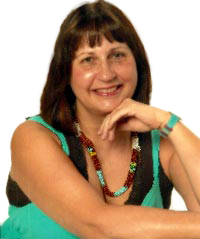When I was a little girl I used to have giggling fits with my sister. These are wonderful memories despite the fact that my father quickly became annoyed with us because we couldn’t stop giggling. And it seemed the more he wanted us to, the less we could.
When I was about 15 I belonged to a youth movement. My reasons for being there were totally social, but the leaders attempted to create a somewhat academic environment. The organization took pride in its focus on deep contemplation of the world. So we were subjected to discussions and debates, which I suffered through to get to the fun stuff.
On one such night, we were all seated in a room waiting for a debate to begin on something. The first speaker stood up. She clearly had taken her task very seriously and hauled out a wad of preparatory notes. She spoke intensely about her “side” and then sat down. We looked expectantly at the young man who was to retaliate. He stood up with a slight smile on his face and had no notes whatsoever. He started to speak but instead began to laugh.
His opponent glared at him and the leaders looked stern but all this response managed to do was to fuel his already fast escalating giggling fit. He doubled over holding his stomach and laughed until the tears poured down his cheeks. I joined him because I couldn’t help myself. When the fit finally died down I think we were both surprised to see that he and I were the only two who found the situation hilariously funny. That was my first real connection with this young man. I have now been married to him for thirty-one years.
There are many reasons I love my husband, but the humour and giggling fits that we have shared over the years form a special glue of connectedness. Our mutual value of laughter has passed to our children. We laugh often and many times uncontrollably. There is no better feeling. It tells me that regardless of what else is going on in my life, the essence of connectedness with those I love most, is there.







